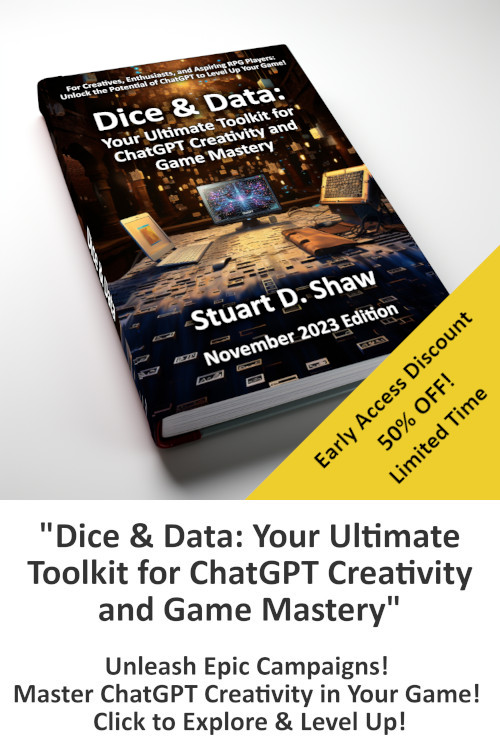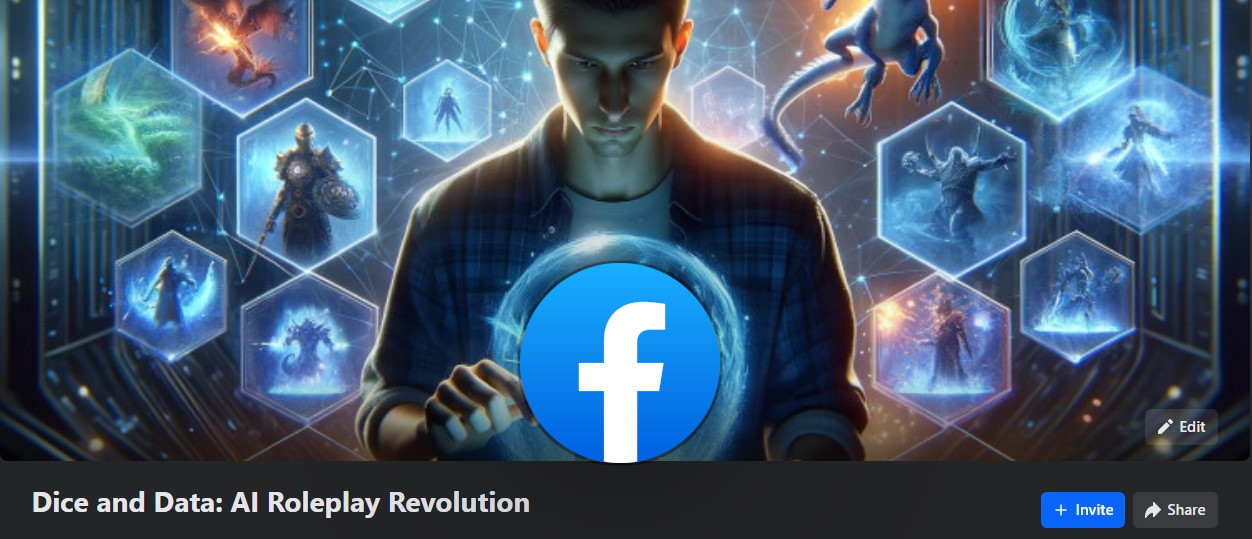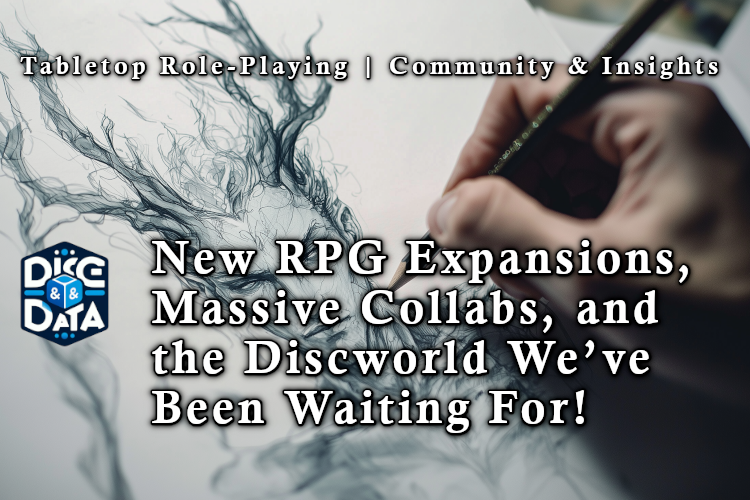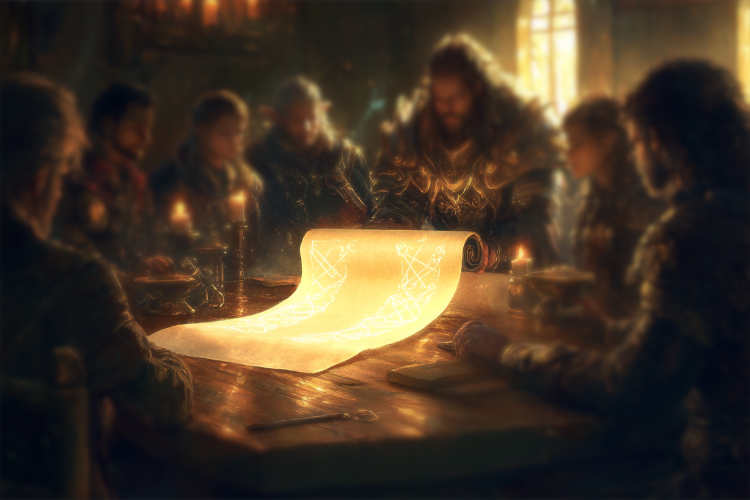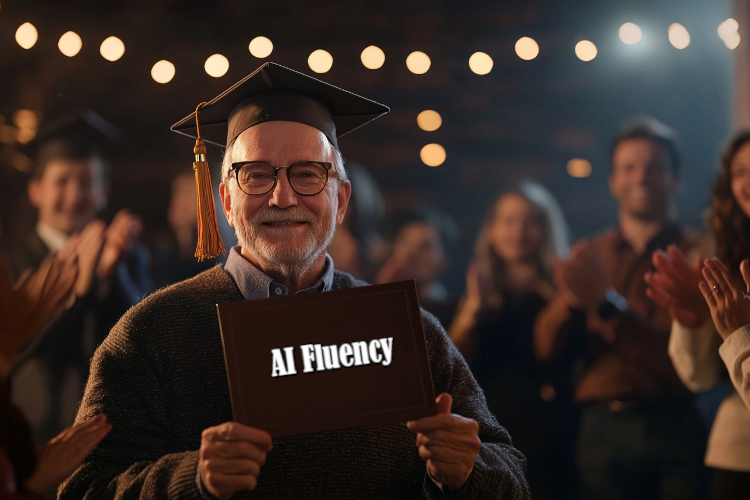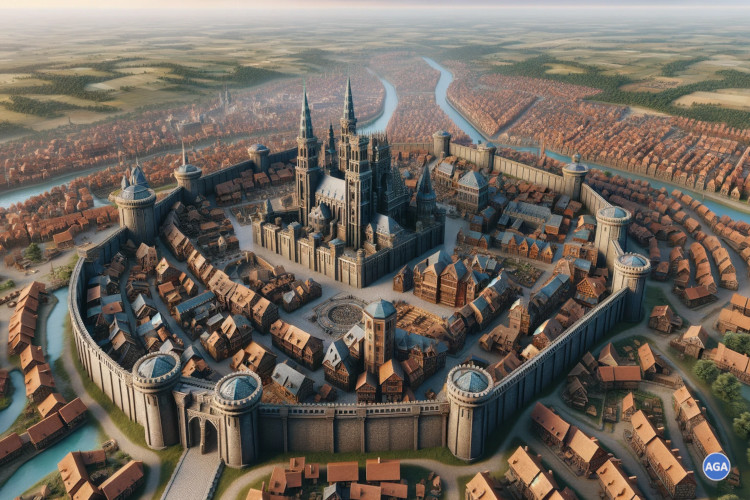
- Home
- ChatGPT for RPGs
- ChatGPT for RPG City Planning
Unlocking the Potential of ChatGPT for RPG City Planning
In the vibrant realm of role-playing games (RPGs), the rise of AI tools like ChatGPT marks a significant evolution. It's transforming RPG city planning, enabling Game Masters (GMs) to bring their worlds to life in unprecedented ways. ChatGPT's role in this realm isn't just a shift; it's a revolution, particularly for those using it to build RPG towns and cities. These tools go beyond mere convenience. They're redefining how we think about and construct RPG settings.
ChatGPT combines creativity with precision, a perfect match for today's GM. It aids in both the complex aspects of urban planning and in crafting vivid, lifelike environments. This isn't a fleeting trend. It's becoming an essential part of the GM's toolkit.
ChatGPT's impact in the world of RPG city planning is immense, especially for the young, tech-savvy generation. It's not just a tool; it's a gateway to creative liberation. Phrases like "using ChatGPT to build RPG towns" and "AI tools for RPG urban settings" are more than buzzwords. They're at the heart of this transformative phase. In this new era, traditional storytelling meets advanced AI, marking a unique intersection of past and future.
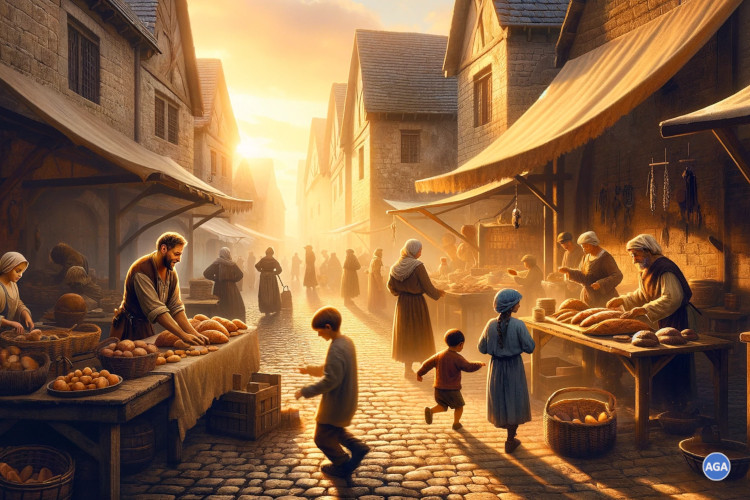
The Rise of AI in Role-Playing Game Design
The role-playing game industry is evolving rapidly with AI's rise, ushering in a new era of game design. The days when RPG city planning depended solely on a GM's creativity and effort are fading. Now, tools like ChatGPT for RPG city planning are revolutionizing the field. They merge tabletop gaming's rich tradition with modern technology's efficiency and versatility. GMs have evolved from mere storytellers to architects of digital worlds. Thanks to AI, they can create more detailed and cohesive environments than ever.
But this shift isn't just about being more efficient. It's about enhancing the gaming experience. AI tools for RPG urban settings allow for an unprecedented level of detail and consistency. GMs can now easily craft intricate cities and towns. These places have their own backstories, socio-political structures, and economies. This technology-driven approach adds depth to both the narrative and gameplay, making for a more immersive and engaging player experience.
However, embracing these technological advancements doesn't mean sidelining the human element in RPGs. When using ChatGPT to build RPG towns, the goal is to augment, not replace, the creativity and spontaneity at the heart of role-playing. The challenge lies in finding a balance. We must use AI to enhance our storytelling, all while preserving the core essence of RPGs.
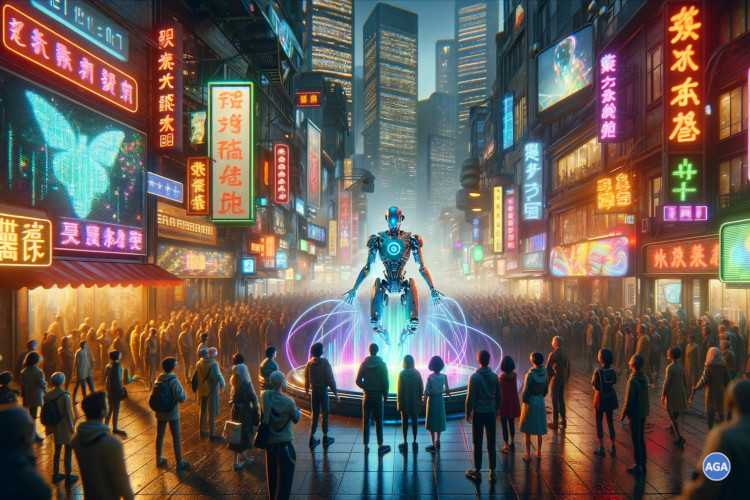
The Challenge of Building Realistic RPG Cities
Crafting engaging and realistic RPG cities poses a complex challenge for GMs. They need to blend imagination with structural logic, all while keeping players engaged. The rise of AI tools for RPG urban settings has introduced new dynamics into this process. These tools are useful, but they must be used thoughtfully to keep each city's authentic character intact.
- A key challenge is ensuring each city has an organic feel. When using ChatGPT for RPG city planning, GMs must avoid generic layouts. Cities in RPGs should have their own unique characteristics and irregularities. It's about creating a sense of history, where the environment tells its own story.
- Another important aspect is player-driven narratives. While AI tools provide a basic structure, the city should evolve with the players' actions. This dynamic city planning requires ChatGPT to simulate changes in real-time, based on player decisions.
- GMs also face the challenge of incorporating realistic economic and sociopolitical elements. Cities need functional trade systems, governance, and social dynamics. ChatGPT can help generate these complex structures, but GMs must weave them seamlessly into the gameplay. The goal is to enrich the experience, not overwhelm it.
- Balancing AI use in storytelling is also crucial. ChatGPT should support, not replace, a GM's creativity. It's about using AI to add details and ideas while maintaining the GM's vision. Cities created should feel personal and handcrafted.
GMs must act as both leaders and collaborators. Using ChatGPT to build RPG towns involves steering the AI, adjusting its suggestions, and integrating them with personal creative flair. This combination of human creativity and AI precision creates truly immersive and realistic RPG city environments.
🏙️ AI CITY pLANNING 🎲
rPG Settlement Creator!
Are you sure you want to clear the textarea? All data will be erased.
Are you sure you want to reset the form? All data will be cleared.
ChatGPT for RPG City Planning: A New Frontier
Using ChatGPT for RPG city planning marks a creative revolution in game mastering. This tool transforms the building of towns and cities into an adventure of discovery. Every command with ChatGPT can reveal unexpected narrative twists, enriching the RPG experience.
ChatGPT excels in generating detailed descriptions and complex scenarios from simple prompts. This ability is transformative for GMs, enabling them to quickly craft diverse urban environments. Each setting, be it a bustling metropolis or a quaint village, is a canvas for GMs' creativity.
But ChatGPT's role extends beyond just designing physical spaces. It also involves animating these settings with engaging characters, intricate storylines, and dynamic interactions. This holistic approach streamlines the process and deepens the gameplay, ultimately enhancing the player experience.
Moreover, advanced AI-assisted techniques take this further. GMs can simulate a city's historical evolution using ChatGPT, adding authenticity and richness. They can also create dynamic ecosystems within these cities. ChatGPT helps model complex interactions like trade networks and political relationships. The result is a living, evolving city that reacts to player actions, creating a truly immersive RPG experience.
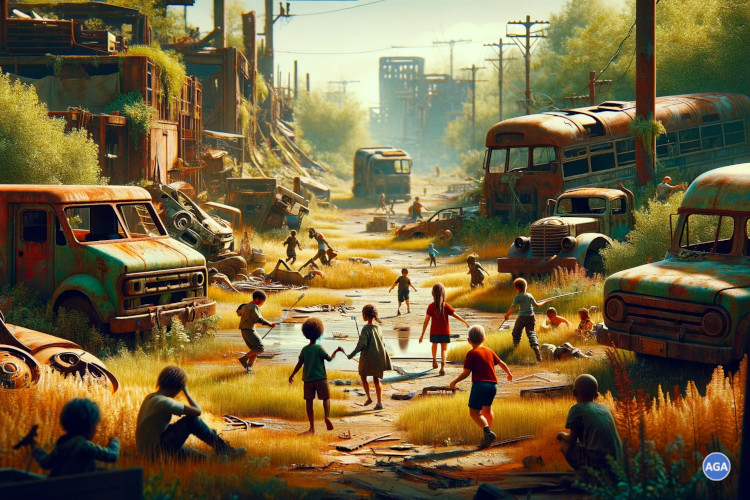
Transform Your RPGs: Implementing ChatGPT in City Design
The implementation of ChatGPT in RPG city design is more than just a technical exercise; it's a transformative process that can elevate your role-playing sessions to new heights. By integrating AI into your city planning, you open up a world of possibilities for storytelling and player engagement.
A practical starting point for using ChatGPT in your RPGs is to begin with small-scale projects. Start by creating a single district or neighborhood, experimenting with different prompts and seeing how ChatGPT's outputs can be woven into your narrative. This hands-on approach allows you to gradually become more comfortable and creative with the tool.
As you gain confidence, expand your use of ChatGPT to larger projects. Experiment with creating entire cities, complete with intricate details and complex storylines. Remember, the key is to use ChatGPT as a supplement to your creativity, not a replacement. Let it inspire you, challenge you, and ultimately, help you create worlds that captivate your players.
Future Trends: AI's Growing Role in RPG World Building
Looking towards the future, the role of AI in RPG world building is set to grow exponentially. As technologies like ChatGPT evolve, they will offer even more sophisticated tools for GMs to craft their game worlds. We're entering an era where the boundaries between imagination and reality blur, bringing our wildest RPG ideas to life.
The future of AI in RPGs is not just about more advanced algorithms and better outputs; it's about a deeper integration of AI into the storytelling process. We can anticipate AI tools that understand and adapt to the narrative flow of a game, providing real-time assistance and suggestions to enhance the gaming experience.
However, amidst this technological evolution, the core essence of role-playing games – creativity, storytelling, and human connection – remains paramount. As we embrace these new tools, we must ensure that they serve to enhance these fundamental aspects of RPGs, not overshadow them. The future of RPG world building with AI is bright, full of possibilities, and it's ours to shape.

Written by Stuart Shaw, a 40-year veteran of tabletop role-playing games. His journey started with Dungeons & Dragons in 1983, and he is the author of "Dice and Data: Your Ultimate Toolkit for ChatGPT Creativity and Game Mastery". Stuart is eager to share his passion and expertise with the world and enjoys writing about news and innovations in the RPG world. Join him on an exciting adventure into the world of TTRPGs. About me.

